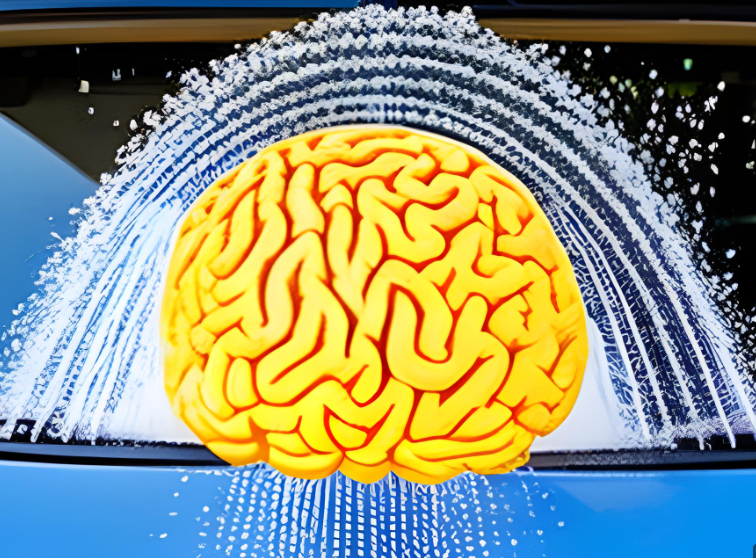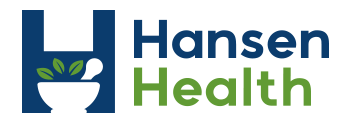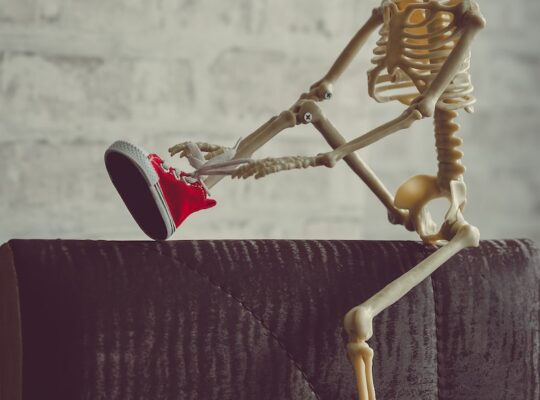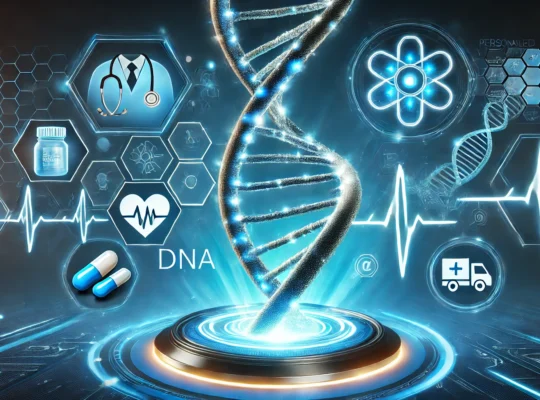
Sleep is so important in maintaining your health I thought I’d dive in to one of the lesser known things that happend during sleep.
There are 4 stages to sleep that we go through every night: Deep sleep and REM sleep are the most important of these. Deep sleep occurs predominantly in the first half of sleep, while REM is more common the second half. Both are important stages of sleep.
Deep sleep: This occurs more in the beginning of sleep and is when you are typically unresponsive to outside stimuli. If you’re awakened during deep sleep, you are often very groggy. Parents of young children are familiar with this! Deep sleep is where your body temperature and heart rate are lowest in the sleep cycle. This is also the stage when some people may sleepwalk or children may wet the bed. Deep sleep is where the information from the day gets moved from short-term to long-term storage.
REM sleep or rapid-eye-movement sleep is when we dream and start to take the knowledge from deep sleep and tie it together to make memories. This occurs more frequently later in the night. During REM sleep, the rest of the body is essentially paralyzed so we don’t ‘live out our dreams’. On average, you should have between 4-5 REM sleep cycles throughout the night.
Of importance, during deep sleep, the brain’s waste removal system is going full-bore. This system, called the glymphatic system, helps the brain to clean up from the day’s activities. The glymphatic system helps filter out waste proteins such as the amyloid plaque or tau proteins, implicated in Alzheimer’s disease.
Things that can impair this brain wash include:
- Age
- high blood sugar
- stress
- alcohol.
Now, because deep sleep occurs more frequently early in the night, it becomes apparent WHY you should go to bed when you’re tired and not try to get a ‘second wind’. Besides going to bed when you first get tired, other things that can help increase the glymphatic system include: Omega 3 fats, sleeping on your side, exercise during the day, and reducing alcohol intake.
You can track your sleep with devices such as an Oura ring, or a smart watch (garmin, apple watch, etc). Look at your sleep and assess how much deep sleep and REM you got the previous night. Try to focus on your sleep hygiene and see what happens! If you want more tips on sleep hygiene, send me a message and I’m happy to share it with you!
For more info on the sleep cycles in general, check out this article!


